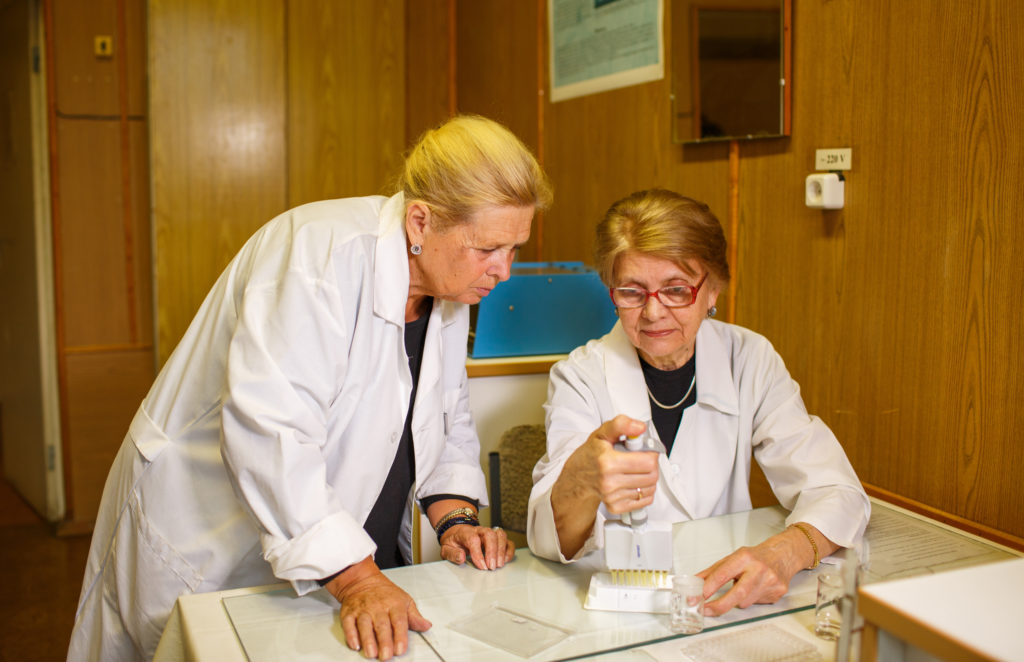
Research activities of the Institute include the study of general biological regularities and basic mechanisms of disregulatory pathology of organs and systems, pathological integrations, the search for new pathogenetically-based techniques of prophylaxis and therapy. Fundamental and applied research on molecular and cellular aspects of pathophysiology, nanobiotechnology, nanopathology, functional genomics, metabolomics and lipidomics are actively developed. The innovative technologies that control the organism functions in terms of pathology, such as genomics, nano- and microfluidic, cellular, tissue-engineered, bioengineered, bioinformatics, adaptive, cognitive, gravitational, and immunocorrective technologies, play the important role in the activity of the Institute.
Main research directions of the Institute:
- Pathophysiological and molecular mechanisms of the development of pain syndromes, epileptogenesis and psychoemotional disorders, development of methods for their treatment and prevention
- Investigation of the role of microRNA, DNA methylation and reprogramming of immune system cells in oncogenesis
- Pathogenetic mechanisms of neurodegenerative diseases and the development of their complex therapy
- Development of modern methodological approaches to the integral assessment of the individual level of the organism resistance to external factors
- Research of mechanisms of aging, regeneration and development of conditions for obtaining tissue-engineered structures using 2D and 3D cell cultures
- Endoplasmic reticulum stress: Fundamental principles of dynamic regulation of the UPR (Unfolded Protein Response) signaling cascade system and stress-associated RNA processing in different types of cells
- Investigation of the influence of age on the receptor-mediated mechanisms of regulation of respiration, contractility of blood, lymphatic vessels and myocardium
- Research of mechanisms of human atherogenesis, development of methods of preclinical diagnostics and anti-atherosclerotic agents
- Research of the influence of the immune system on antenatal and postnatal development (experimental and clinical study)
- Identification of the role and significance of bioindicators in various disorders using proteomic and metabolomic approaches
- Signaling mechanisms of hypoxia and adaptation
